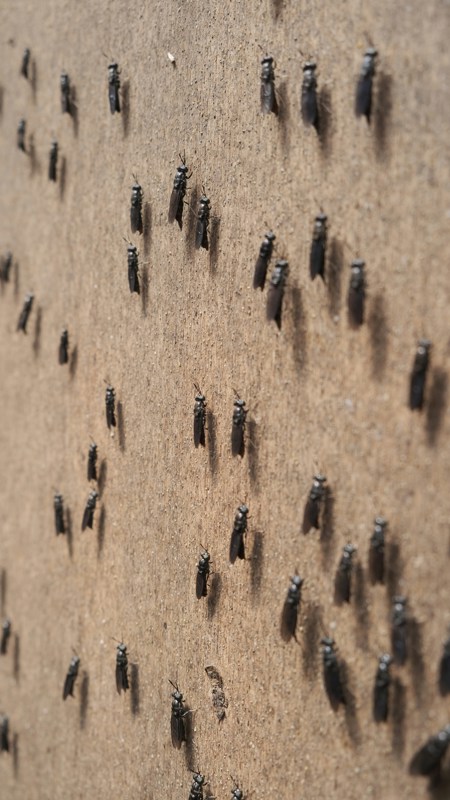
Frontier Economics has explored the potential for black soldier fly (BSF) to become an economically viable alternative to soy as the protein input to animal feed, while also tackling the UK’s estimated annual 13 million tonnes of food waste.
BSF can process any form of organic matter – including waste – and convert it into biomass. Controlled breeding of these insects in dedicated facilities produces a nutritious protein source that could serve as an alternative to soy protein in animal feed. While the BSF market is gaining attention from investors due to its scalability, it is still nascent and has yet to reach the scale necessary to meet the UK’s current demand for animal feed.
Through research, interviews with industry players and modelling, our report 'Delivering insect-based feed at scale' evaluates the case for insect-based animal feed and the conditions necessary for scaling up a UK-based industry. Our work indicates that, at current prices for BSF protein, BSF-fed meat would be c.50% more expensive than soy-fed meat – which would be a barrier to scaling, given the competitiveness of the meat sector.
However, if regulatory change on the permitted waste streams for BSF can be achieved, then it could in principle scale to displace a share of soy. For example, diverting 25% of certain low cost to access food waste sources could produce enough protein to displace 28% of the soy used in feed at a relatively modest BSF-fed meat premium of 5-9%.
Our work includes a number of calls to action, including
- regulatory change on the use of insect-based feed for livestock
- regulatory change on permitted waste streams for BSF rearing
- BSF site trials, and
- food retailer engagement.
Funding for this work was provided by Circular Food Systems under the umbrella of Impatience Limited, as part of their efforts to support and host innovative public benefit projects focused on critical environmental threats, social justice issues and philanthropy.
Click here to read our report, 'Delivering Insect-Based Feed at Scale'






